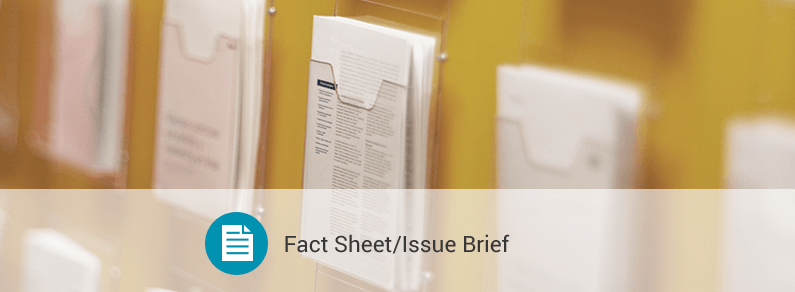 Enhance Life Skills and Resilience
Enhance Life Skills and Resilience
Life skills are a key protective factor for suicide and include critical thinking, stress management, conflict resolution, problem-solving, and coping skills. Activities that enhance these skills can help people as they face new challenges, such as economic stress, divorce, physical illness, and aging.
Resilience is a related concept that includes traits such as a positive self-concept and optimism in addition to life skills. It is sometimes described as the ability to adapt to stress and adversity.
Building life skills and resilience is just one component of a comprehensive approach to suicide prevention.
Resilience is sometimes described as the ability to adapt to stress and adversity.
Take Action
- Sponsor workshops that teach mindfulness and stress reduction skills.
- Provide information about self-help tools and apps that promote coping.
- Identify common stressors affecting your target population (e.g., financial problems, relationship issues) and offer skill-building workshops designed to prevent or minimize their occurrence.
- Create an institutional culture that promotes and encourages qualities such as empathy, optimism, and forgiveness.
- Implement life skills and classroom behavior management curricula.
- Provide resources and information to help people cope with life transitions.
Engaging in a systematic strategic planning process, including an assessment of needs related to life skills and resilience, is important to help focus and tailor your plan.
Recommended Resources

Positive mental health: Resilience

